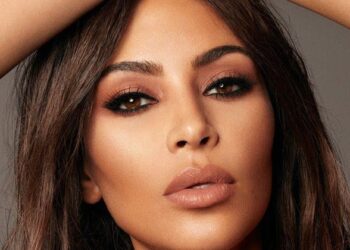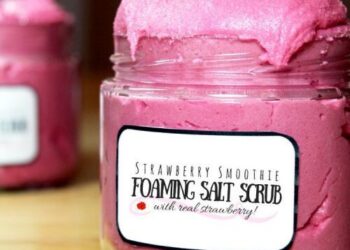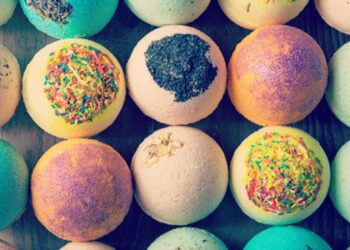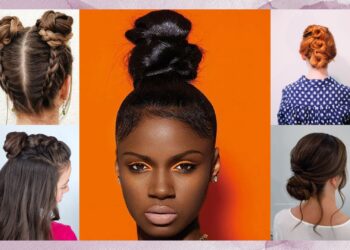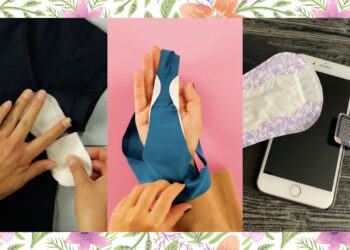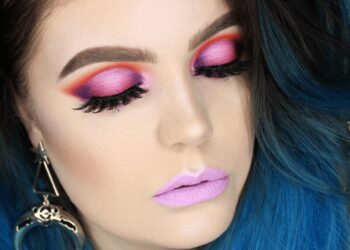Just as there is a variety of skin types, there is a range of scalp types: dry, oily and balanced. And as with skin, different scalp types require different care products and regimens.

According to Gretchen Friese, a qualified trichologist at BosleyMD, “most common scalp disorders come from an imbalance in the pH of the skin on the scalp.”
This article is about hair care for oily scalps. But before that, here’s a small tidbit on why some scalps are oily. Excess sebum, which is a naturally-occurring oil secreted by our oil glands, is the most common cause of greasy hair. While our bodies can typically identify how much oil they need to produce to keep our skin healthy and moisturised, they may occasionally go into overdrive, resulting in an overproduction that makes our skin and hair greasy.

Internal causes, such as a hormone imbalance, can sometimes trigger this, but it can also be a direct outcome of your daily beauty practice. The frequency with which you wash your hair, the products you use, and the way you style it can all contribute to its oiliness.

Now that you know what causes oily scalps, here are some tips on controlling sebum production:
Wash less often

There are contradictory tips on the recommended frequency of hair washing. We suggest you wash your hair less often – perhaps every other day. If your hair isn’t causing you irritation with the sebum produced, you can just skip washing it for that day.
Use products that are oily scalp friendly

Not every shampoo or hair product is suitable for oily scalps. When it comes to style products, avoid those that are called “shine-enhancing” or “anti-frizz,” as they are typically produced with oils which may weigh your hair down and make it seem greasy. Instead, seek volumizing products that will raise your hair and prevent it from coming into contact with your greasy roots.
Don’t touch your hair

Just like your face, don’t touch your hair if it’s oily. Similar to your scalp, your fingertips and face produce oil, which may easily transfer to your hair and exacerbate your grease problem.
Change up your diet

What you eat could also affect the sebum production of your scalp. If your daily diet consists of fried, sugary, or fast foods, then you need to cut down, or eliminate them from your diet completely. They are not providing you with the nutrients both your hair and body need. Eat more fresh fruits and veggies!
Clean and choose your hairbrush wisely

Always clean your hairbrush before you use it. Your brush might be full of styling products and would make your hair greasier if not cleaned prior to use. For anyone with greasy roots, boar bristle brushes (or fake boar bristle brushes, if you prefer vegan items) are a great alternative, since the fibers help gather up and distribute natural oils throughout the hair. Just make sure you’re not brushing too hard since this might actually increase oil production.
In conclusion – haircare regimens must be done in moderation – not too much, not too little.

More on self-care? Read this:


